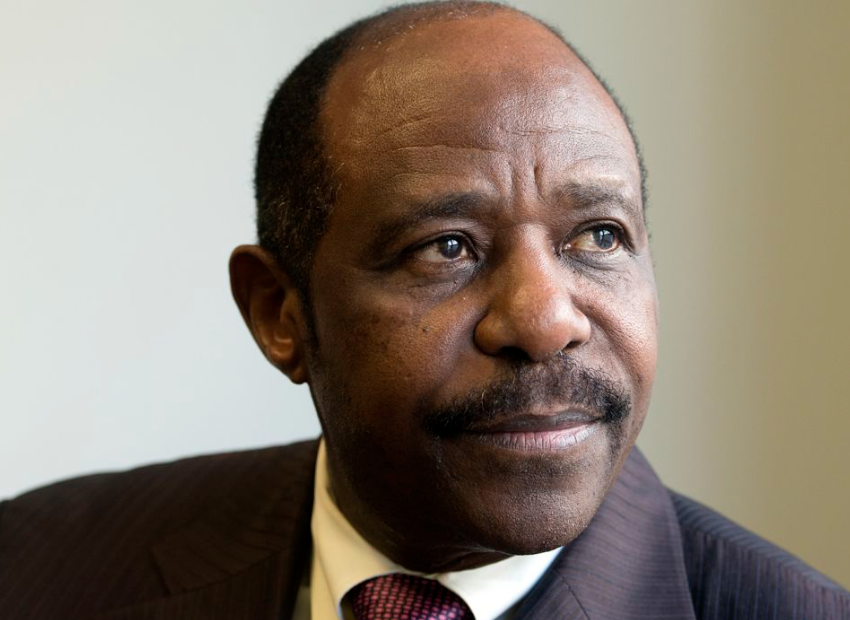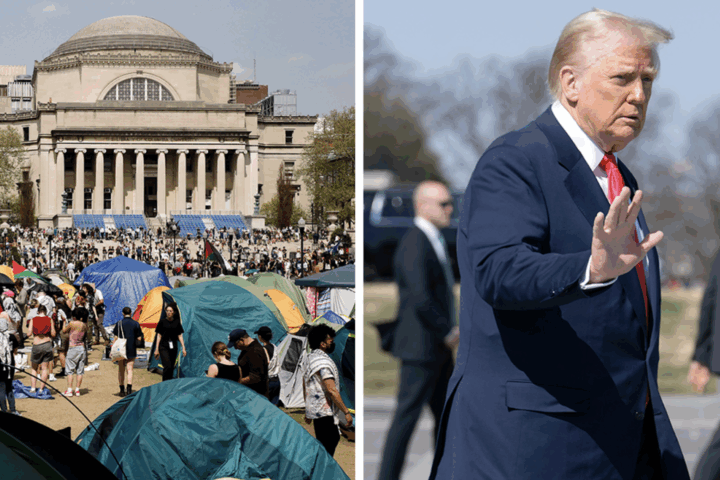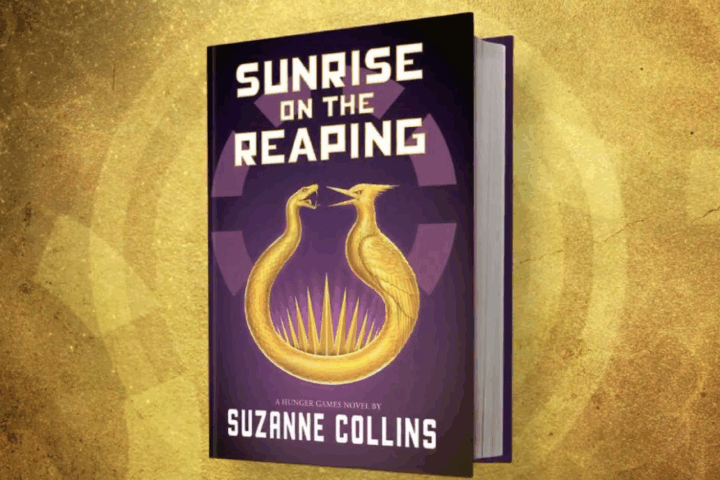Rwanda is a complicated country, with an even more complicated history. However, this East African nation is seeing tremendous growth. Recently, one of Rwanda’s national heroes, Paul Rusesabagina, was released from a prison in Rwanda. Rusesabagina bravely sheltered more than 1,000 people during the Rwandan genocide of 1994, where ruling members of the Hutu ethnicity targeted Tutsi and moderate Hutu people for murder. This genocide resulted in the deaths of nearly 1 million people in a nation that had fewer than 10 million inhabitants at the time. The end of the genocide came with the victory of the Rwandan Patriotic Front, led by a Tutsi named Paul Kagame. Following the genocide, Kagame became president of Rwanda, restoring stability to the demolished nation while also attempting to move past the genocide by stressing the lack of differences between Tutsi and Hutu people. At the same time, however, as president of Rwanda, Paul Kagame does not tolerate criticism of his rule and has made sure that he has a complete hold on the country.
Today, despite his authoritarian control, Kagame is quite popular in Rwanda, due to his successes in restoring the stability of the nation. Kagame does deserve credit for this, as Rwanda has improved and continues to improve economically under his leadership. However, just a few years ago, he did something which earned him and his government widespread international backlash: he arrested Paul Rusesabagina. Rusesabagina was living in the United States in 2020 when he boarded a plane in Dubai that was, unbeknownst to him, heading for Rwanda, where he was arrested. The Rwandan government wanted Rusesabagina arrested due to his involvement in groups that oppose the administration of President Kagame. The accusations levied against Paul Rusesabagina say that he is involved in violent terrorist groups opposed to President Kagame’s administration, but he denies this.
Last month, Rusesabagina was released, largely due to diplomacy. His release comes as ties between the United States and Rwanda have deteriorated over this case. While Kagame seemed like he was going to be stubborn on this issue and refuse to set Rusesabagina free, out of the interest in preserving American-Rwandan relations, he begrudgingly released Rusesabagina. While on the outside, Kagame appeared strong in asserting that Rusesabagina was guilty, behind-the-scenes diplomacy managed to accomplish America’s goal and secure the release of Rusesabagina.
This case stresses the importance of diplomacy and the successes it can potentially bring in a world that seems plagued by conflict and war. According to Mr. Montera, teacher of African Studies and several other courses dealing with geopolitics here at Fieldston, this case and the release of Rusesabagina, “does give one hope….what was once thought of as impossible suddenly became possible….and I think that’s what great diplomacy is about….it changes behavior that seemed ossified.” While our current focus on the world stage may be the war in Russia and Ukraine, one which has seen almost no productive diplomacy, we must not forget that the relative peace which our modern world enjoys requires diplomacy and compromise. Diplomacy often depends on tactical skill, and as Mr. Montera put it, diplomacy, “relies on tone, gesture, intimacy….very often it is something small that leverages the mountain of obstacles.” While it may seem surprising that something so insignificant such as the relationship between two diplomats can have such an enormous impact, it is something that we have to live with. In the case of Paul Rusesabagina and his release, we do not know all that was done to secure his release, but we can see with this case the far-reaching potential of skilled diplomacy.







Very interesting article on a topic I didn’t know much about. Diplomacy is underrated!